The lives of medieval lords during the Middle Ages was a mix of splendour, war and administration. Being the most privileged in society, they also bore the responsibility to govern over parcels of land for the monarch and fought for them in wars. But, as we’ll see, this allowed the medieval lord to develop a power which, when combined with other lords, gave the king a run for his money.
In this detailed guide, we’ll take a look at a real-life case study from the medieval era involving King Richard II. We’ll also explore the daily lives of the medieval lord, from the mundane aspects to the more grandiose. We’ll look at some facts about lords in medieval times too, and finish with a look at how you can apply your new-fund knowledge to your fantasy stories.
In the context of writing fantasy, it’s curious that so many settings mirror medieval Europe. In other guides, I’ve explored medieval weapons, castles, the lives of the peasantry, diseases of the Middle Ages, armor and a bit of archery too. It all combines to provide you with research material to use for your own writing if you like this kind o fsetting too.
What Was A Medieval Lord?
The title of ‘lord’ was more of an umbrella term for a number of different classes of noblemen during the medieval period. Top of the roster was the king. Then you had dukes, counts, barons, and lastly, those knights of chivalry.
Medieval Lords: A Real-Life Case Study
To gain an insight into the role and life of a lord in the Middle Ages we’ll first take a look at the reign of King Richard II, otherwise known as Richard the Tyrant. From there we’ll turn our focus to the world of barons, the individuals who held almost unlimited power over the land granted to them by the king.
In the process of doing so, we’ll gain a deeper insight into the role that medieval lords played in society, and hopefully, it’ll help spark some ideas for some of your own fantasy writing.
The Role Of The Medieval Lord
The medieval lord was a powerful figure in the Middle Ages. In exchange for swearing allegiance to the king, they were granted lands and ruled over small villages or towns. Medieval lords collectively held a lot of power over their king, and in the past, have ousted some.
Lords In Medieval Times
Lords in medieval times ran their estate. This could’ve been a smallholding or as large as a town. They also served as knights to the king and could muster a force to support his wars. Peasants of the Middle Ages paid their lords in taxes, both in money and food.
King Richard II And His Problem With Lords
A megalomaniac. The first monarch to commission a portrait of himself. A man who regarded himself as a saint. A tyrant who ruled in his own interest. An all-around nutter. But is that true?
Richard II was crowned in 1367 at the age of just 10 and reigned until 1400. Four years into his rule he had to deal with a peasant revolt, which I discussed a few weeks ago. In classic tyrannical fashion, he pardoned all of the peasants involved because of his ‘abhorrence for the shedding of civil blood.’
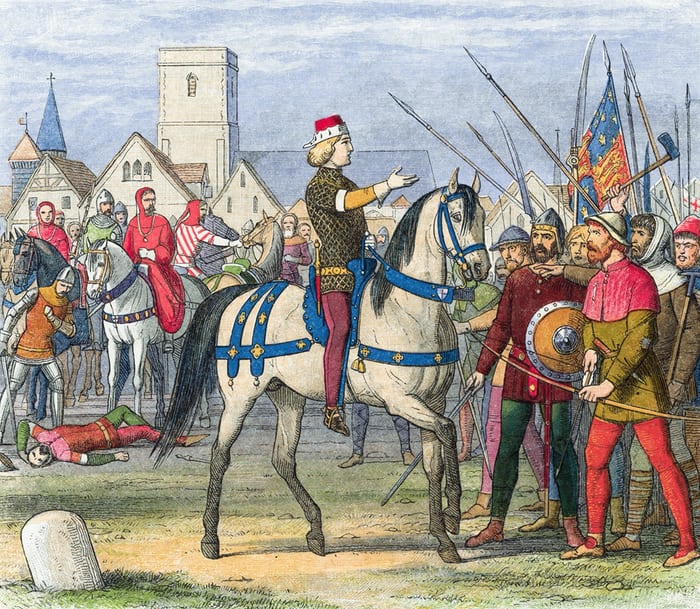
After this, he took a rather unconscionable step in seeking to end the expensive war with France which was crippling England’s taxpayers, i.e. the poor. And this was the thing that annoyed his subjects the most. Well, the subjects which held power: the medieval lords and barons. They hated everything about him, from his wife to his policy of peace with France.
See, war was the main way the medieval lord made his money. As we’ll learn in more detail below, the barons had total control over the levels of taxation they could set for those residing on their land. And war meant higher taxes, an excuse to plunder the limited wealth of the peasants they were charged to look after.
In response, a handful of barons overthrew Richard, but it lasted mere days until he regained power. Instead of executing his rebellious barons, he exiled them, one of whom was Henry IV. Years later Henry returned from exile, threw Richard into gaol, and seized the throne for himself.
Henry ordered the chroniclers—the monks and writers who recorded the histories of the time—to alter their texts to defame Richard. It sounds like something from Orwell’s 1984.
So the fact that Richard was a tyrant was a stupendous lie and shows the power and influence the medieval lords and barons had over the king that gave them their wealth.
Barons and Medieval Lords
So who were these powerful, rebellious barons?
The king owned all the land in the country. He did not sell it off, rather leased it. And the individuals who he leased it to were his barons. Another term for a medieval lord, a baron started off in a lowly role, such as knights, political advisers, or even ordinary individuals.
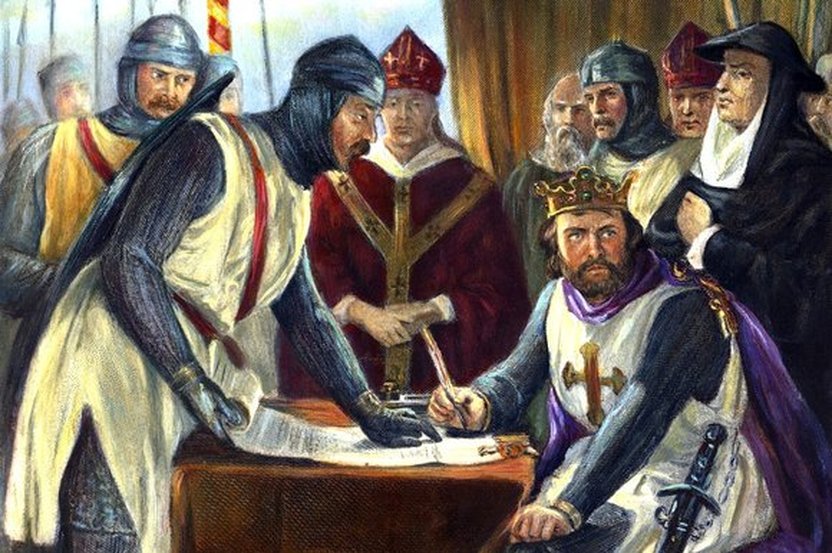
These were the people the King felt he could trust to maintain his land, look after those living on it, supply fighting men in times of war, and pay taxes and dues to the exchequer (the royal bank). These parcels of land were known as fiefs, and the barons held complete dominion and jurisdiction over them.
Barons lived in manors—grandiose abodes at the heart of their estate. Living on the land with them were peasants and knights to who the barons gave up some of their land to. The medieval lord made his coin from the produce of the land, court fines, but mainly from taxes.

Gainsborough Old Hall in Lincolnshire, one of the best-preserved medieval manor houses in England
The baron acted as arbiter in disputes between peasants and others residing on their land, though as we saw in my article on peasants, it was they who tended to carry out most of these administrative affairs which medieval lords deemed boring.
It was the role of the medieval lord to monitor harvests and supplies, manage finances such as taxes, rents, and dues. If he was pretty shite at doing any of this, there was a chance the king could confiscate his land. But as we saw above with Richard II, it wasn’t so easy for the king to exert his influence over these barons who enjoyed almost unlimited power over their fiefs.
With coin flowing and coffers swelling, medieval lords began to spend more on artistic pursuits, such as music, paintings, and literature. They sought more types of entertainment too, hiring jesters, minstrels, acrobats, actors, and dancers.
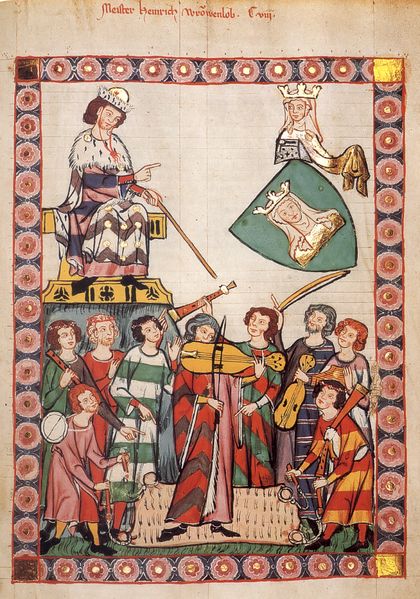
With such wealth, food was of no issue to the medieval lord. A baron was always served before everyone else. Their diets were rich in meat with all the hunting and slaying they were doing. They ate vegetables too, mostly peas, beans, and onions, and enjoyed top-quality bread. Medieval lords drank ale made of hops and mead made from fermented honey and enjoyed wines imported from southern Europe where grapes grew.
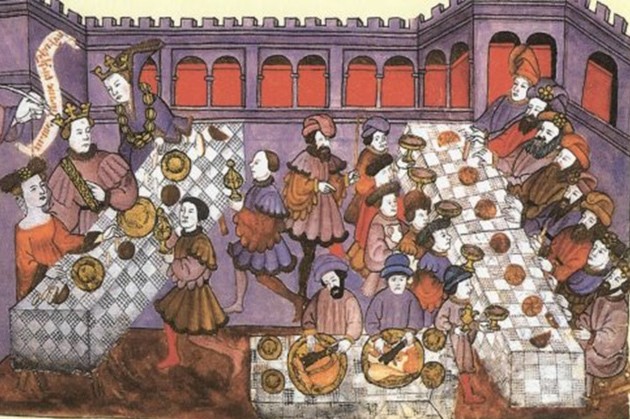
The way a baron ate varied depending on their wealth. Rich barons ate off plates and bowls of pewter, whereas poorer barons used wooden plates and bowls, or even day-old bread. Forks did not exist during the Middle Ages, though knives and spoons did. Most people ate with their fingers and washed their hands in something known as a finger bowl.
What did a medieval lord wear? The best money could buy, obviously. Velvets, furs, and silks of scarlet and purple, with gold embroidery. The law even reserved certain fabrics and colours for the nobility, which came about after peasants began to dress in more colourful and fashionable ways. This occurred after the Black Death, a killer disease of the Middle Ages, when demand for workers soared, empowering the peasants to negotiate better rates of pay with barons who were desperate for people to work the land.
As with lords and ladies in the UK today, the title of baron was a hereditary one. The children of medieval lords were educated by tutors in various languages, literature, history, law, and outdoor pursuits like horse riding, hunting, and hawking.

What Did Lords Do In Medieval Times?
Medieval lords had it pretty easy. Their land was granted to them by the monarch and in exchange they had to supervise the running of that estate.
This may have involved leasing parcels of land to peasants who farmed and paid taxes. Medieval lords were also responsible for funding the monarch’s wars through taxing their people, as well as mustering forces to fight in battles.
On a day to day basis, medieval lords spent their time managing their estate—settling disputes between those under their supervision, hosting other lords and barons for grand banquets in decadent halls, and doing a fair bit of hunting.
All in all, medieval lords had a pretty good life.
Facts About Medieval Lords
I’m a lover of facts, and there are some great ones about the life of a lord in the Middle Ages:
- Medieval lords swore allegiance to the king in exchange for land.
- The life of a lord involved managing their estate. Sometimes this included towns and villages.
- However, many medieval lords left the peasantry to manage themselves and the day to day affairs, such as settling disputes or making small decisions.
- Lords garnered income from taxes and rents they took from the people who lived on their land.
- In times of war, medieval lords were expected to support the king. They’d provide money, soldiers and any other materials needed, like food.
- To become a lord, a person had to earn the trust of the king. This may have happened in battle as a knight, and gradually, they rose through the ranks.
- Medieval lords tended to live in a manor or castle, generally at the heart of their estate. The scale of their home often reflected the lord’s wealth and position in society.
There’s a bit more on the life of a lord in the Middle Ages for you. They enjoyed unlimited power over their fiefs and those that resided within it, and their influence even extended over their king.
I hope this has given you something of a basic insight into their role during the Middle Ages and perhaps sparked a few ideas you can use in your own fantastical tales!
Describing Lords Of The Middle Ages
One thing I wanted to quickly share with you was an idea on how to describe your lords and ladies. Such characters have the potential to be quite eccentric and bizarre, and it’s here you can let your mind run wild and push the boundaries of character creation.
A useful thing to consider is using the five senses. In exploring how these characters smell and sound as well as appear, we can get a better idea of what they’re like. This is only going to immerse your reader in the story.
If you’d like to check out an example of a descriptive paragraph using the five senses featuring a lord, head here.
More Resources On Fantasy Worldbuilding
Thank you for reading this guide on the life of a medieval lord. Below, you can find some other resources you may find useful.
- If you’re looking for ideas for medieval names for your characters, see my random name generator tool
- Click here to check out a guide to fantasy worldbuilding
- Head here for more worldbuilding resources
- Or head here to learn more about fantasy armor
- Learn all about prose writing here
- Click to learn how to start worldbuilding
- Head here for a worldbuilding template
- Click here to discover more about making a fantasy map
- Head here for a guide by Medieval Chronicles on the role of the baron
- Here’s another guide on the role of the medieval lord
- And here’s an interesting guide on what medieval lords ate
- To learn more about archery and the fantasy arrow, head here
- To discover more about the castle in fantasy fiction, go here
- Check out this list of over 250 book reviewers
- A complete guide to worldbuilding, with a template
- A guide to medieval weapons
- How were women treated in the Middle Ages?
- The lives of peasants in the medieval period
- A guide to medieval castles
- A complete guide to medieval cannons
- Siege warfare
- Roman battle tactics
- How to build a fantasy world
- Worldbuilding in fantasy
Medieval Lords FAQ
Lords ran their local estates, usually living in manors. They leased their land to peasants who in exchange, lived and worked on it. They paid taxes in the form of crops. The peasant class in the Middle Ages was significantly big.
Landowners in the Middle Ages were known as lords. They could have been knights, barons, counts or dukes. They leased their land to peasants, with estates encapsulating entire towns and villages.
They ran their estate when not fighting in wars. This involved settling disputes and judicial affairs amongst the people of their estate. They also hunted and hosted guests.
Yes, many medieval lords were knights, castellans, counts or dukes so fought in the King’s wars. The medieval nobility was very much a warrior class that prided itself on fighting.
Thank you for reading this guide to the life of a lord in the Middle Ages. I hope it’s given you some ideas for your own fantasy stories.
- 5 Tips to Help Your Child Learn and Succeed at Primary School - February 26, 2024
- The Advantages Of Using An AI Essay Typer Alternative - February 14, 2024
- Advice On Getting Help With Your Homework - January 26, 2024
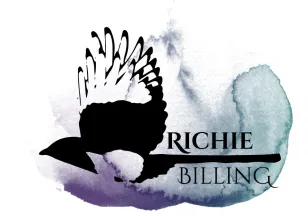
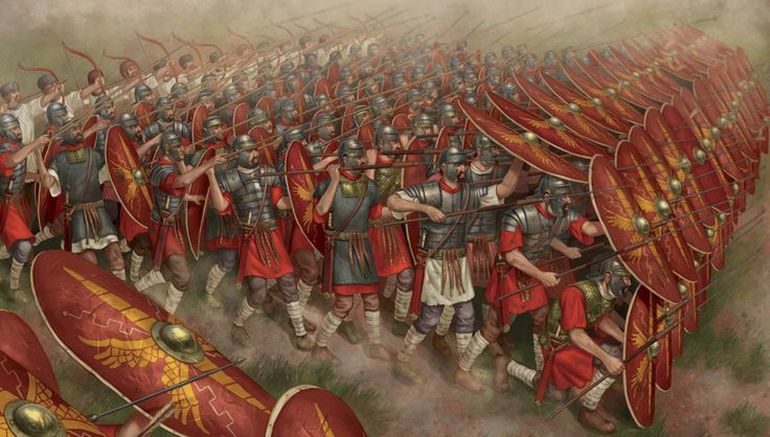


Reading and fun facts? It’s a good day for blog reading. 🙂
Haha I’m glad you enjoyed it. There’ve been a lot of excellent blog posts this week. I’m feeling blessed!
Thanks for the history lesson! 😀
Pingback: The Ultimate Guide To Fantasy Armor | Richie Billing
Pingback: Killer Diseases of the Middle Ages | Richie Billing
Pingback: How To Make A Fantasy Map - The Essential Guide | Richie Billing
Pingback: A Guide To Siege Warfare - Richie Billing
Pingback: The Lives Of Medieval Peasants - Richie Billing
Pingback: Religion in Fantasy - Richie Billing
Pingback: Excellent Examples Of The 5 Senses In Writing - Richie Billing
Pingback: Medieval Cannons: The Essential Guide - Richie Billing
Pingback: The Lives of Women During the Middle Ages - Richie Billing